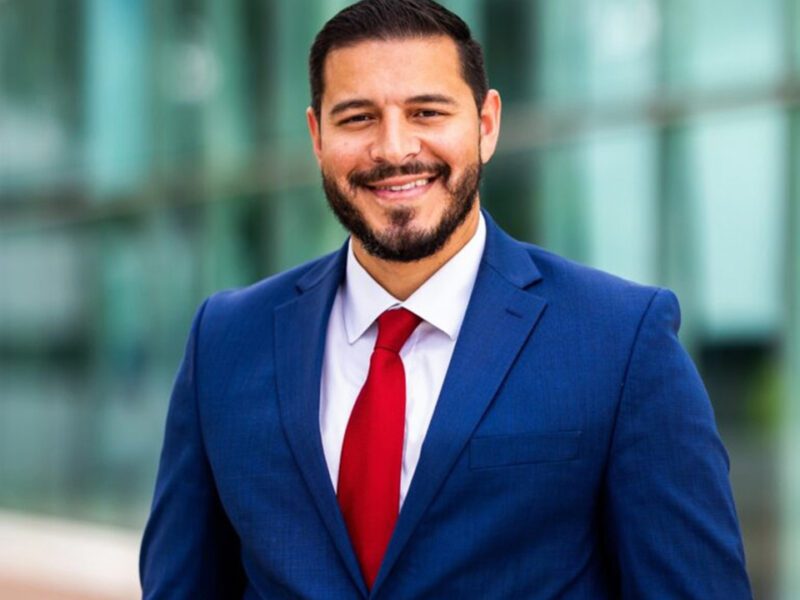
Florida’s new special education rule misinterpreted, state official says
It’s ‘never been the intent’ to take services from students who need them, chancellor Jacob Oliva stated.
Tampa Bay Times | By Jeffrey S. Solochek | November 9, 2021
Florida students with significant cognitive disabilities should not be at risk of losing services because of a recently approved state rule, a top Florida Department of Education official says.
“It’s never been the intent of the rule,” senior chancellor Jacob Oliva told the Tampa Bay Times.
Yet many parents and educators have complained that the measure, adopted by the State Board of Education in June, appears to have exactly that effect. They noted the new criteria set by the board include a minimum IQ score, among other provisions, which suggests schools must reevaluate children to determine if they are still eligible for alternative standards and testing.
“The State Board of Education doesn’t have the authority to undermine the parents” or the teams creating individual education plans, known as IEPs, for students with special needs, Oliva said. The state’s goal was to meet a federal requirement that the number of students using the standards and tests not exceed 1 percent of total state enrollment.
Florida has surpassed that 1 percent level.
But the rule was not meant to undo services, Oliva said. Rather, he called the rule a guideline for school districts as they explore each child’s needs.
The IQ score is just “one piece of the portfolio,” he said. “It’s not a line in the sand.”
“We want to make sure if we go that route we are having the data, the conversations, the proper input from parents,” he explained, to ensure students are not misplaced academically.
Oliva said the department did not hear many concerns during poorly attended public workshops and input sessions leading up to the board action. But they began to surface after the Times published a story about the new rule over the weekend.
The department must better inform everyone involved about the rule’s ins and outs, he said.
“We have an opportunity with workshops and trainings,” he said, suggesting changes could come if determined to be necessary.
School district special education officials said the rule had caused confusion since it passed. They had received little guidance from the state, they said, but were expected to begin implementing it immediately.
Because of the concerns, and the desire for more direction, many districts have taken their time to conduct thorough reviews of each student who might be impacted. As a result, few if any children have seen changes.
Oliva said the districts face no penalties or punitive damages if they exceed the 1 percent cap on students using the alternative standards and testing. The goal remains ensuring that children receive the proper services so they can reach their highest potential, he said, and teams of professionals and parents are in the place to determine that access.
At the same time, he said, the rule does serve to make sure children are not under-served, too.
“We don’t want to hurt pathways for students, especially if they’re capable” of doing more, Oliva said.





